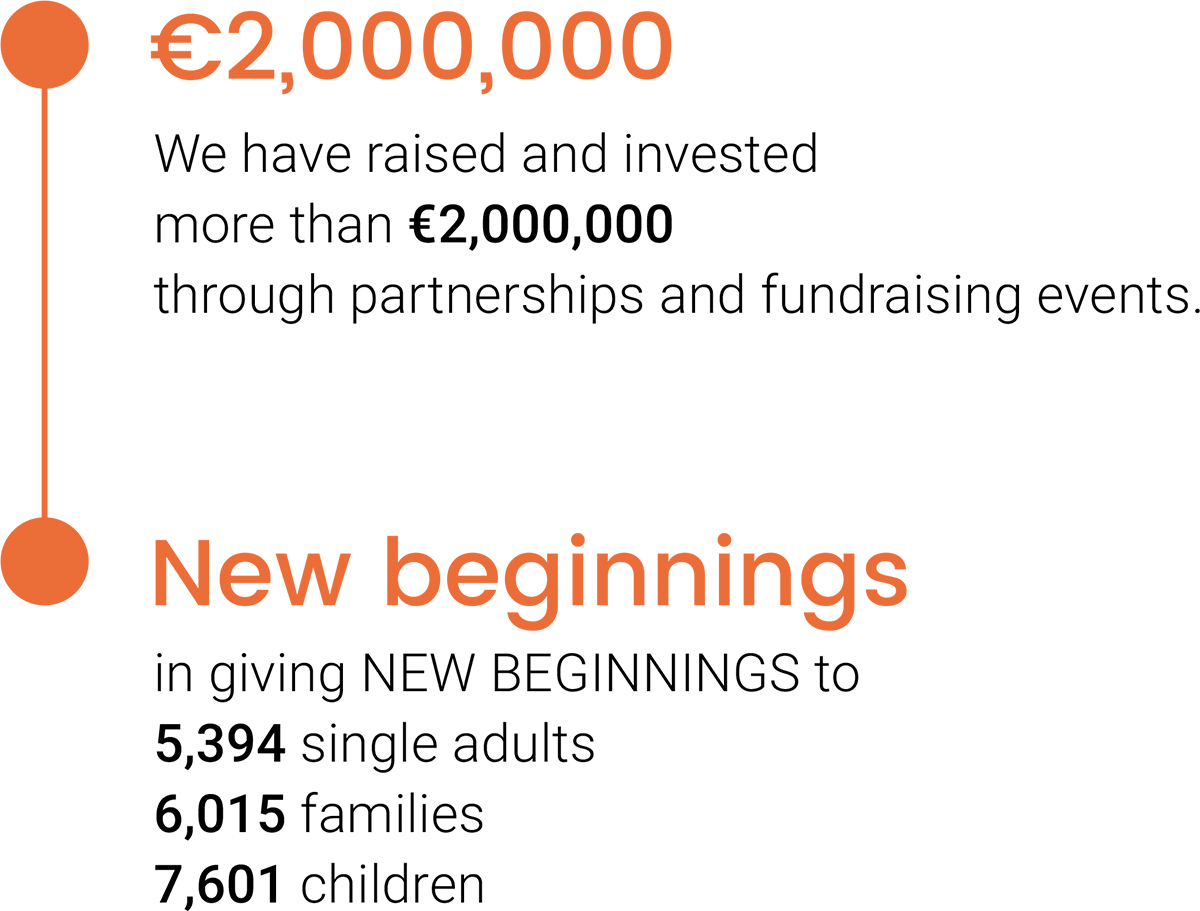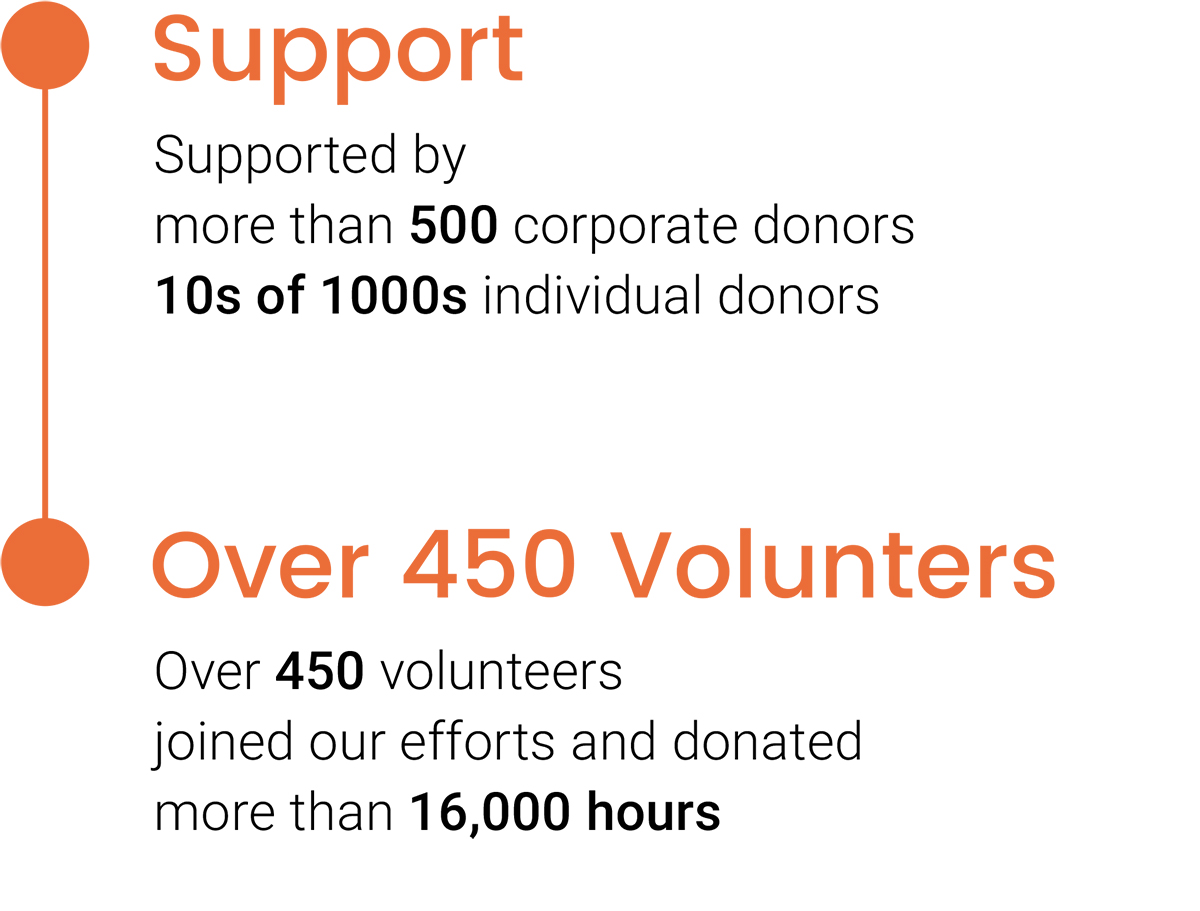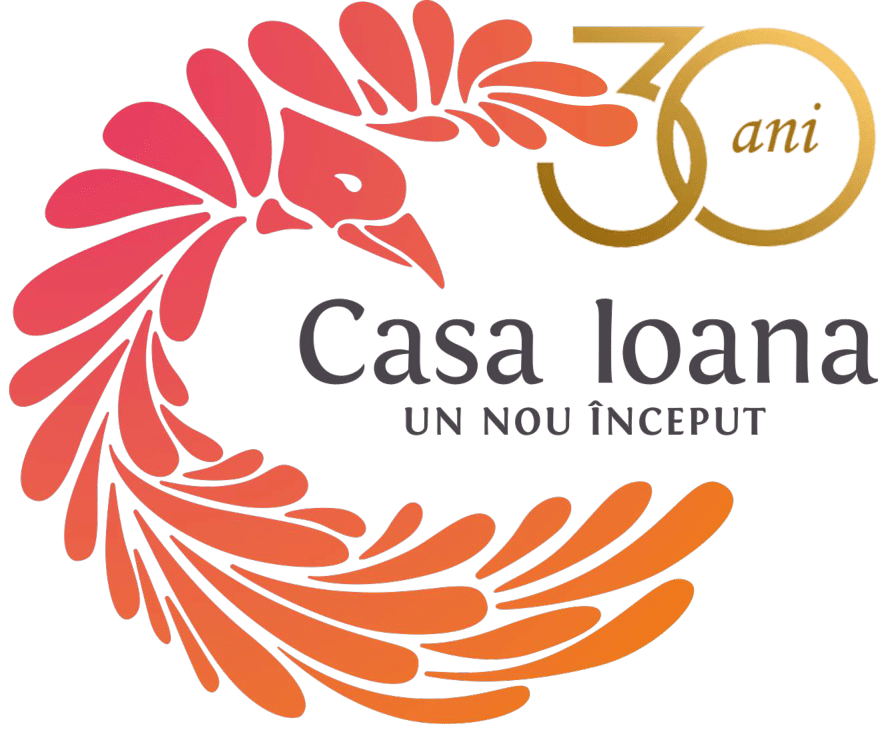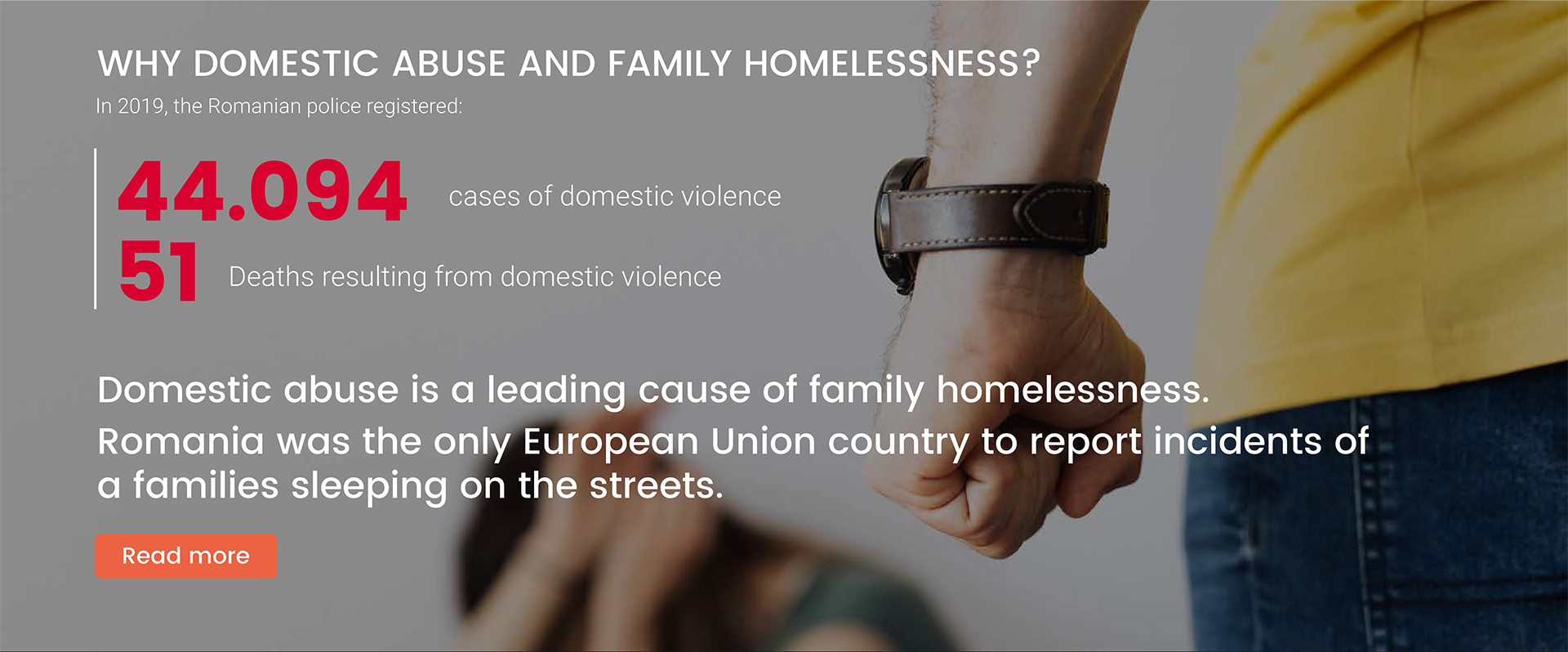
We are on a mission to empower vulnerable families to reach their full potential. Our families should be able to live in a world - free from abuse.
Vision
We envision a better world where everyone has the right to decent housing, meaningful activities, satisfying relationships and the health to enjoy life.
Mission
Together, we aim to make a positive difference in the lives of women and children facing domestic abuse and homeless families.
Commitment
From skills training to job creation to affordable housing - our focus areas offer a real opportunity to improve the quality of life for thousands of families.
Our values
We respect the values and beliefs of the people we work with and for, and act with their circumstances in mind. We care!
We abide by strong principles; we take responsibility for our actions, processes and outcomes and expect the same from our stakeholders. We honour our commitments.
We believe we are stronger when we work together as a team and with our partners and volunteers. We all join forces for greater impact.
We are entrepreneurs; we have the courage and creativity to pursue unique ideas that have the potential to transcend boundaries. We think ahead and get results.
We aspire to connect, to spread joy and excitement in everything we do. Out of passion, we strive for positive and lasting results.
Our team
The Founder and Chairman of Casa Ioana is Ian Tilling, MBE and he leads the organisation and staff team. We have 5 full time staff and a team of professionals and pro bono volunteers who make a vital contribution to all the services we offer.
Board of Administration
Casa Ioana Association is governed by a board of directors whose members come from a wide range of backgrounds. The board is made up of 5 volunteer members who dedicate their skills and experience to the development of the organisation and ensure that services are provided to a high standard.
International Goodwill Ambassador
Why domestic abuse and homeless families?
Domestic violence affects people around the world and social environments every day, both in normal and crisis situations. UN statistics show that globally, one in three women is a victim of physical assault. However, in times of crisis, cases of domestic violence tend to escalate amid high tensions. The current pandemic crisis is no exception, especially in a country like Romania where, unfortunately, domestic abuse is often normalised. In 2019, Romanian police recorded 44,094 cases of domestic violence and 51 deaths. This means that almost every week a Romanian woman was killed.
Statistics from 2018 show that 24% of women in Romania have suffered some form of violence from their partner, while 28% of them know other victims among friends and relatives. Only 47% of the women surveyed were aware of the legislation protecting them from domestic violence and 74% were unaware of the existence of a specialised support system.
In the past year, we have seen the terrible connection between domestic violence and homelessness - both of which were present before the pandemic, but have become more urgent with the onset of the pandemic. High levels of stress led to an increase in abusive behaviour, while stay-at-home orders made it difficult for survivors to seek help. The economic downturn caused by the virus is also pushing many to lose their jobs, become homeless and live in unsafe environments.
The National Agency for Equal Opportunities (ANES) highlighted that the number of calls to the domestic violence hotline doubled in the first month of isolation (compared to the same period last year). As a new generation suffers the horrors of domestic violence, the effects of isolation are likely to continue even after the lifting of the restrictions.
Insecure housing is a significant factor in the decision of many victims of domestic violence to remain in abusive relationships and in the continued exposure of too many children to violence.
The lack of affordable housing in Bucharest makes it more difficult for those facing domestic violence to leave the person who is causing them harm. To break this cycle of violence - a cycle that often spans generations - we are committed to supporting those most at risk and empowering them to create new beginnings - away from abuse.
